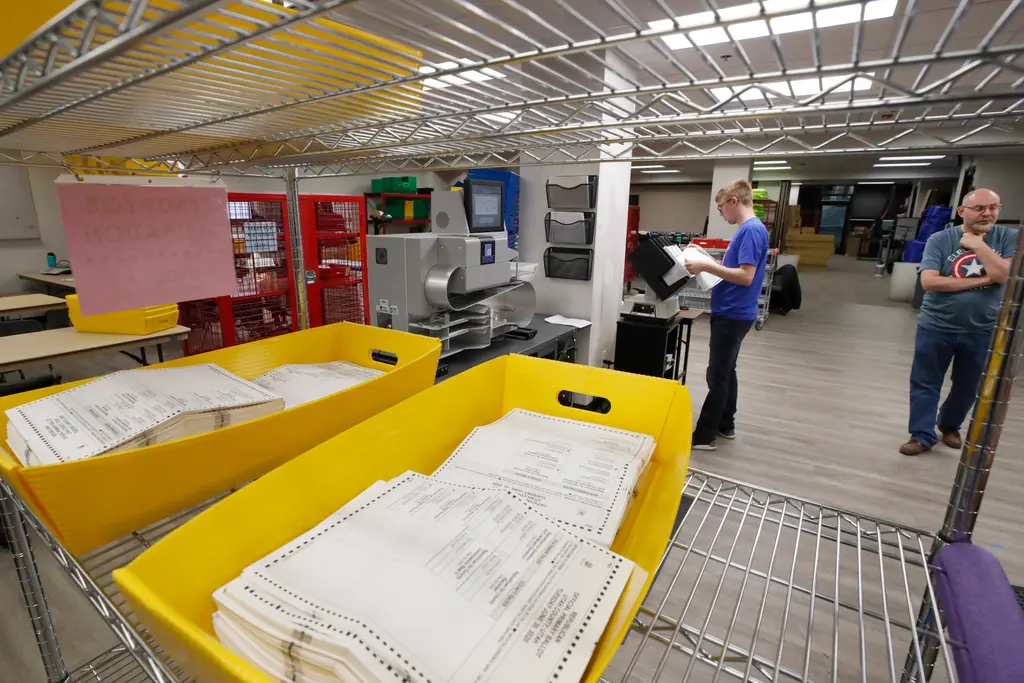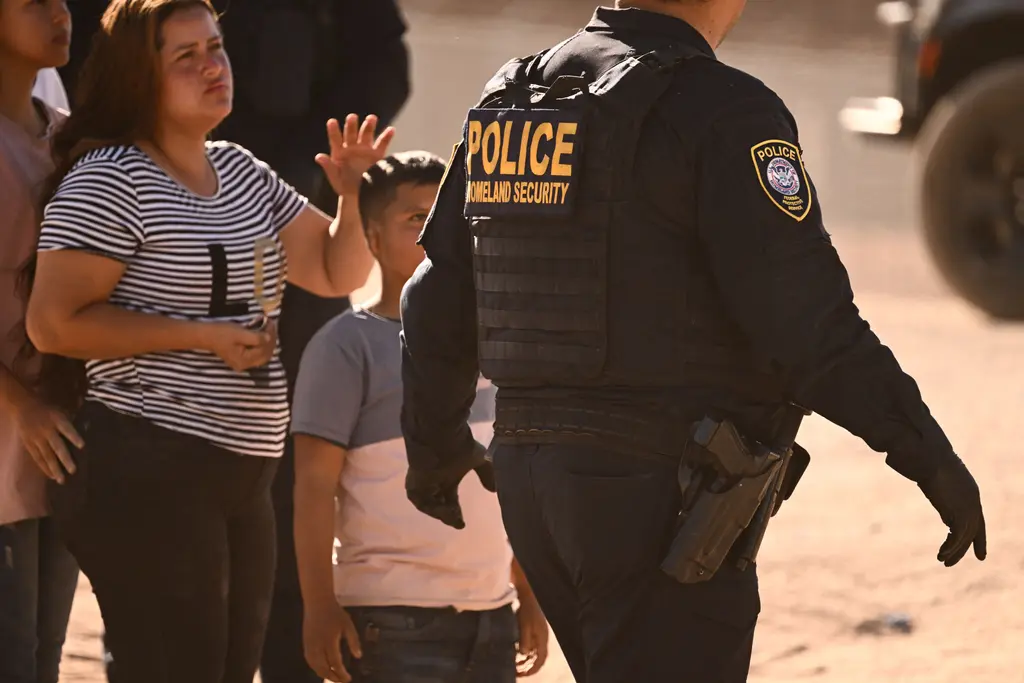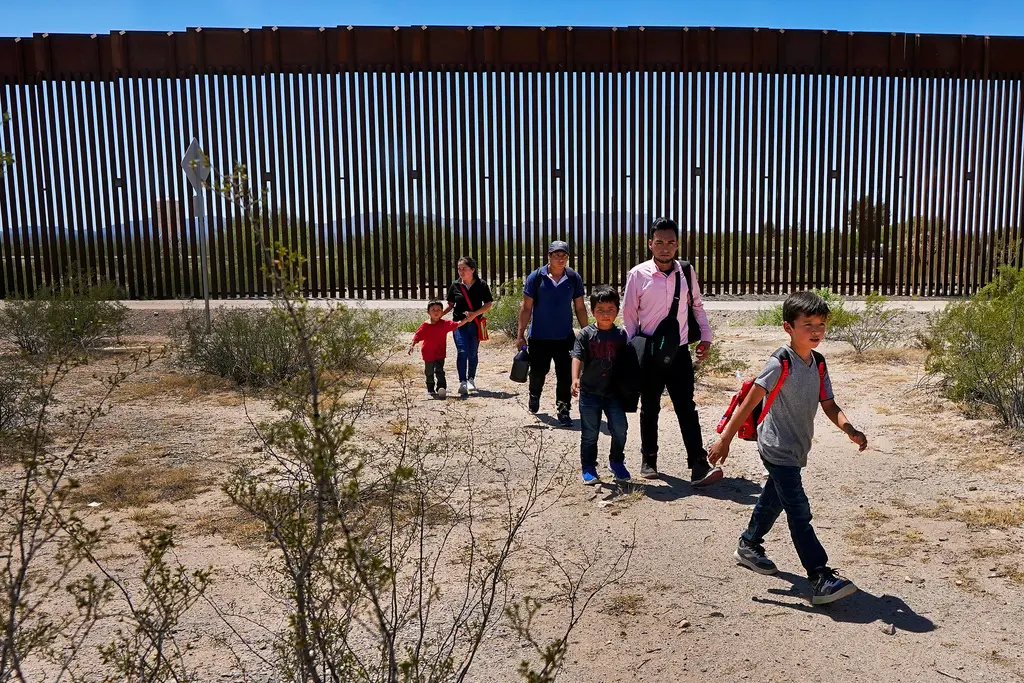Yes, I will take it

If doctors and scientists tell me that it's safe and effective, I will take the coronavirus vaccine.
More than 100 vaccines are being developed around the world, and some are already undergoing human trials. This is a great sign of hope at a time when we're approaching 25 million cases globally. More than 800,00 people have died. And lethal autumn and winter are still to come.
Vaccines historically have saved millions of lives and allowed children to live normal lives. As UNICEF reminds us, they prevent tuberculosis, hepatitis, polio, diphtheria, measles, mumps, rubella, the flu and many other diseases.
So, yes, I would take the coronavirus vaccine as soon as it is available, because I believe in science and because I don't believe in the conspiracies that, without any basis at all, claim that some bad guys want to control us by injecting us with micro-chips. The pandemic is real. I know many people who were infected and got sick, and only a vaccine (or a highly effective treatment) can end this global tragedy.
I am – I it it – an optimist. I am part of the 65 percent who would take the coronavirus vaccine when it becomes available, according to a Gallup poll. But the other third would not. The same U.S. poll showed an interesting result. Eighty-one percent of those who identify as Democrats would take the vaccine, but only 47 percent of Republicans would do so.
Más sobre Opinion
But the virus does not ask for political affiliation before it infects and kills.
I would also take the vaccine because I am a man and older than 60. It seems men have a weaker immunological response to Covid-19 than women, according to a report in the magazine Nature. We are twice as likely to die from coronavirus than women of the same age.
But I draw the line at Russia's Sputnik V vaccine. Despite Vladimir Putin's grand announcement that his daughter took it, the Russians have not tested it on thousands of people, like others have, and because of that received much criticism. That includes this one from Dr. Anthony Fauci, head of the National Institute of Infectious Diseases, in an interview with The New York Times: “If we wanted to take the chance of hurting a lot of people, or giving them something that doesn't work, we could start doing this, you know, next week.”
Someone who does believe in the preventive capacity of vaccines, like me, and who constantly urges people to take them on his radio program, is Dr. Elmer Huerta, public health expert and professor at George Washington University. He recently volunteered to test the vaccine being developed by the pharmaceutical company Moderna. Part of the problem is that not enough Latinos are taking part in the Phase III trials. So Dr. Huerta signed up.
“For me, the benefits of participating are far more than the risk,” he told me in an interview. More than 1,000 persons had already taken that experimental vaccine, he told me, and only a few reported minimal side effects. “The only way a company can test if a vaccine works or not is with an experimental clinical study. One group of people will get the vaccine and another will get a placebo.”
Dr. Huerta does not know if he was injected with the vaccine or the placebo. When I spoke to him he felt fine. Later, he gave me some good news. The Moderna vaccine “will be ready, as a product, maybe for the first quarter of next year,” he told me. “The vaccine is already being produced. So if the results from these 30,000 people (in Phase III) are positive, massive distribution should start in May, June or July” in the United States, he said.
And there, on that line to take that vaccine – or any other that comes along – you will find me, with my mask on and full of hopes of resuming a life more or less normal.
We are living, without a doubt, the most dramatic part of our existence as inhabitants of a planet globalized – and infected. And only a vaccine can give us back part of what we have lost. I don't want to say no to that opportunity.



